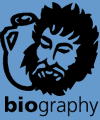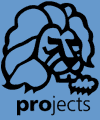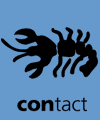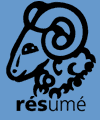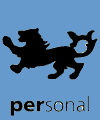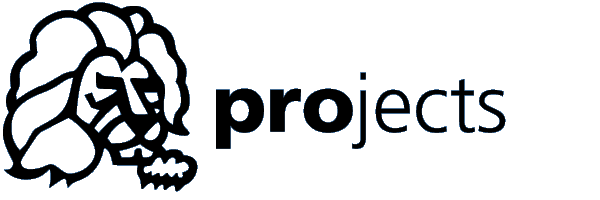
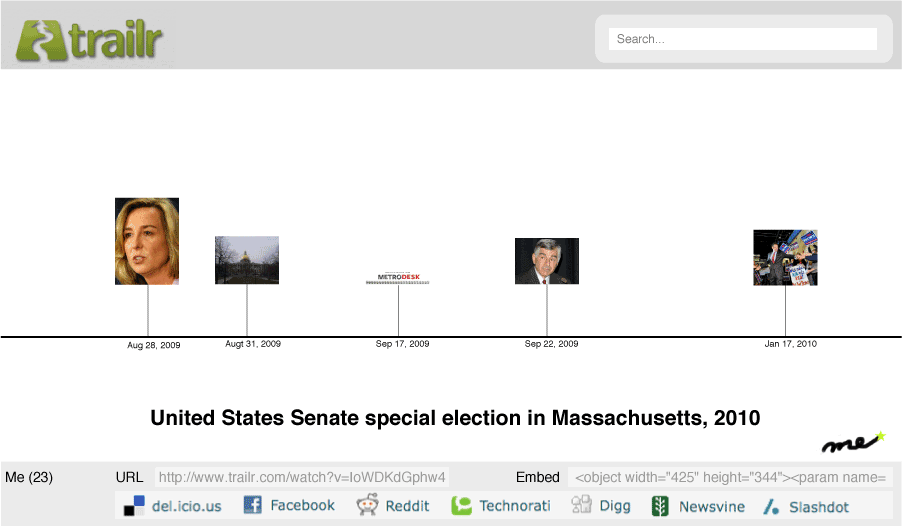 |
Create a timeline by pasting links. Share its URL, embed it anywhere. Comment on any timeline. Benefit as the crowd maps the web. |
|
Why this is interesting Secretly educational by sneaking learning into a communication tool. Lightweight learning by stripping down extraneous features. Spans age groups and classes by allowing any links to be associated. Technically simple, which makes the Jetpack icing on the cake. |
Start your Jetpacks! Our first prototype is ready for the Jetpack for Learning contest. Visit LineHive.com and play around - it shouldn't require instructions. Try the jetpack to create timelines as you surf. Coming soon: Jetpack shows all the links in your stack, Jetpack allows you to create the trail without visiting LineHive.com, the timelines at LineHive.com will be embeddable (without Flash), will have fisheye magnification, and will cluster overlapping links. |
|
One step closer to 'memex' Our work is in part an attempt to realize Vannevar Bush's idea of "associative trails", part of his "memex" vision. Bush wanted linear sequences of 'frames' to be found and transferred between people. Hyperlinks and bookmark collections (even social ones) do not satisfy this vision. "...modern hypertext systems have rarely imitated Bush in providing individuals with the ability to create personal trails and share them with colleagues - or publish them widely." -WikipediaWe feel we will succed where others have failed because:
b) we are leveraging a well-understood metaphor (the timeline) c) the output is visual, scannable, embeddable and, hopefully, viral d) we are succinct and playful e) we are not relying upon the Jetpack to do the heavy lifting but to augment the web experience. |
 "Vannevar Bush, General of Physics" Time magazine, April 3, 1944 |
|
Develop information literacy socially How did you learn to search the web? Do you have any idea if you are an excellent or novice searcher or not? Think about it. The problem is we don't know how each other are searching and browsing. Web search skills develop in isolation, solitary, on the computer. There are few things in life we learn quite like this. We have no search mentors or any real sense of 'good' or 'bad' searchers. We are convinced that the best way to address the problem of information illiteracy is through social means, and through the design of technologies themselves. |
|
Cognitive Apprenticeship
This work rests upon the theory of cognitive apprenticeship (Collins, Brown, & Newman, 1987), which in turn inhertis from cognitive modelling. In cognitive apprenticeship, a learner is exposed to the normally-tacit cognitive processes that give an expert their expertise. These processes are often subconscious and the expert may not even be aware of them. In LineHive, other surfers are able to see the browsing and saerching strategies of their peers. We hypothesize that increasing the ability for users to send path information to peers will increase the sender's own metacognitive awareness of the path they are taking, turning searchers into "reflective practitioners" (Schon, 1983) of web search. |
 Alan Collins, Prof. Emeritus, Northwestern University |
- Neema Moraveji
- Salman Ahmad
- Frank Chen
- Chigusa Kita
- Sep Kamvar (advisor)
- Roy Pea (advisor)
- Jeff Heer (advisor)
